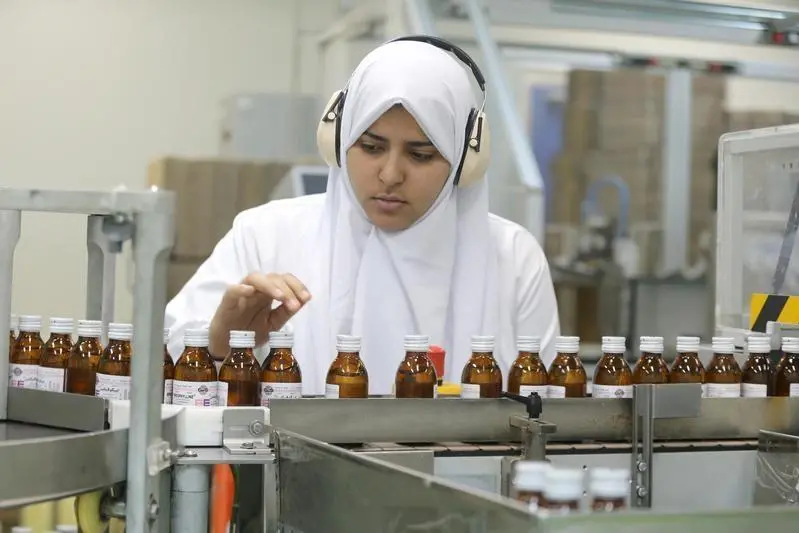PHOTO
Twenty years from now, the world's population will have more centenarians and a further 20 more years on, a person's life expectancy in developed countries can hit 100 to 120 years.
This was the gist of the talk 'Synthetic genomics: What will we look like in 100 years' by Mexican-American academician Juan Enrquez Cabot, at the 2nd edition of Dubai Health Forum on Monday. Cabot said life science has leaped tremendously in the past few years, from studying and codifying human genes.
"Life is code - the same way we have computer codes. By studying human genomes and codifying them, we can make changes in medicine in a fundamental way," said Cabot, the co-founder of Synthetic Genomics Inc. and managing director of Excel Venture Management and co-author of the book Evolving Ourselves.
"The implication of this is we can remake ourselves one piece at a time. If you can have a gene code to make teeth, then we can make it once, twice and even thrice," Cabot underlined.
"Currently, we are beginning to make prototype human parts. We have a programme on how to make the nose and stomach and we have already implanted bladders. We are working on 32 body parts right now," Cabot said.
From the Neolithic age, when life expectancy was just 27 years, the current lifespan (in the US) is 79 years, he explained.
Cabot said humans can control evolution. "If life is code, then we can edit ourselves."
Citing an example in improving the human species, he said that advances in technology have enabled amputee athletes to run faster than Olympic champions.
"Implants function better than normal human body parts. Maybe, the deaf with cochlear implants can soon hear a perfect pitch and possibly in 30 years, we can develop super-hearing by codifying human genes," Cabot added.
"There are many ways to edit life code and the expression of life code - it's like playing multi-dimensional chess games with so many variations. We are annotating science and altering metabolism," he said.
Cabot said the most important advancement in gene coding is the ability to thwart lifestyle diseases and improve human life.
Meanwhile, Dr Manal Taryam, head of DHA's Primary Health Centres, said: "Globally, artificial intelligence companies are discussing how the technology can be used for purposes ranging from population health management to digital avatars capable of answering specific patient queries," she said. "Lifestyle medicine and non-communicable diseases such as diabetes, obesity, hypertension, cancer and even mental health are tackled in a holistic way."
She explained that through lifestyle medicine, high-risk groups can be identified and a variety of methods used that involve family counselling, lifestyle training and education to handle the condition. "This is a new approach and we will consider how we can apply this to our health system. Individualised care will take center-stage in the years to come. At the end of the day, all these technologies are aimed to improve the lives of patients better," Dr Taryam said.
Copyright © 2017 Khaleej Times. All Rights Reserved. Provided by SyndiGate Media Inc. (Syndigate.info).





















